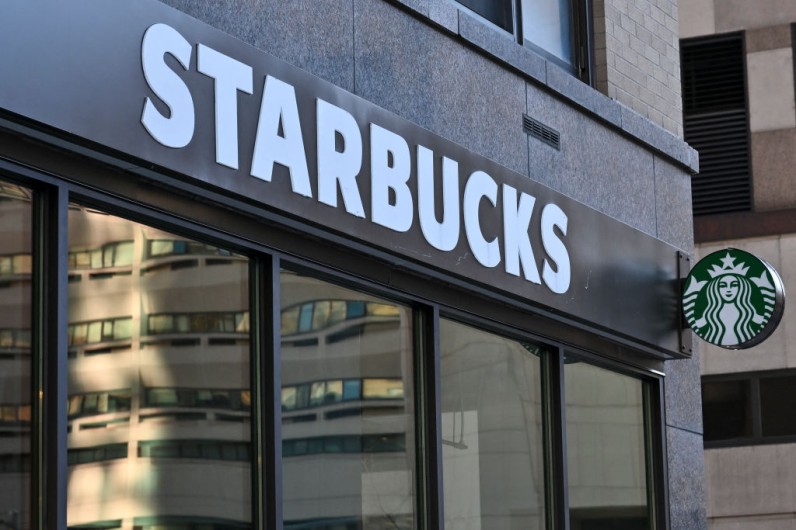
Starbucks baristas across the US are set to vote this week on whether to authorize a strike, raising the possibility of nationwide walkouts at unionized stores.
According to Reuters, the vote, beginning Friday and lasting several days, comes amid stalled contract negotiations between Starbucks and its union, Starbucks Workers United, which represents over 12,000 employees in roughly 650 cafes nationwide.
The union, founded in Buffalo in 2021, has led two national strikes over the past year, most recently in May to protest Starbucks' dress code policy.
Thousands also walked off the job in December 2024. Alongside the vote, the union plans rallies and pickets in dozens of cities over the weekend.
Contract negotiations began in May 2024 but collapsed in December, with mediation efforts ending two months later.
While Starbucks claims it has negotiated for nearly 200 hours, the union says the company has refused to return with proposals that meet workers' demands.
"Workers United only represents around 4% of our partners but chose to walk away from the bargaining table," Starbucks spokesperson Jaci Anderson said. "If they're ready to come back, we're ready to talk."
Unionized Starbucks workers say the coffee giant is stonewalling them on pay and scheduling guarantees at the bargaining table.
— Jacobin (@jacobin) October 23, 2025
Workers are gearing up for a potential strike and boycott call to put pressure on the company: https://t.co/GrICvkVhOV pic.twitter.com/FtKKrmTOR3
Starbucks Baristas Demand Better Pay and Hours
The union's main demands focus on increasing hours, improving pay, and resolving what it calls "unfair labor practice charges," which include complaints over union-busting activities and dress code enforcement.
"Too many baristas still aren't getting enough hours to pay the bills or meet the threshold for benefits," the union stated.
Starbucks maintains that nearly 85% of employees work their preferred hours, and that pay and benefits average $30 per hour for hourly workers, CBS News reported.
Despite the potential for disruption, past strikes have had limited effect. Susan Schurman, a Rutgers labor expert, noted that not enough Starbucks stores are organized for a strike to inflict significant financial or publicity pressure on the company.
Last holiday season, a five-day strike closed some cafes in Los Angeles, Chicago, and Seattle, but operations largely continued.
The vote comes as Starbucks navigates broader challenges. CEO Brian Niccol announced store closures and 900 layoffs last month as part of the "Back to Starbucks" plan aimed at boosting sales and customer experience.
Starbucks has invested over $500 million to enhance staffing, training, and cafe support, and emphasizes that the company offers the "best job in retail" with competitive pay and benefits.







Join the Conversation